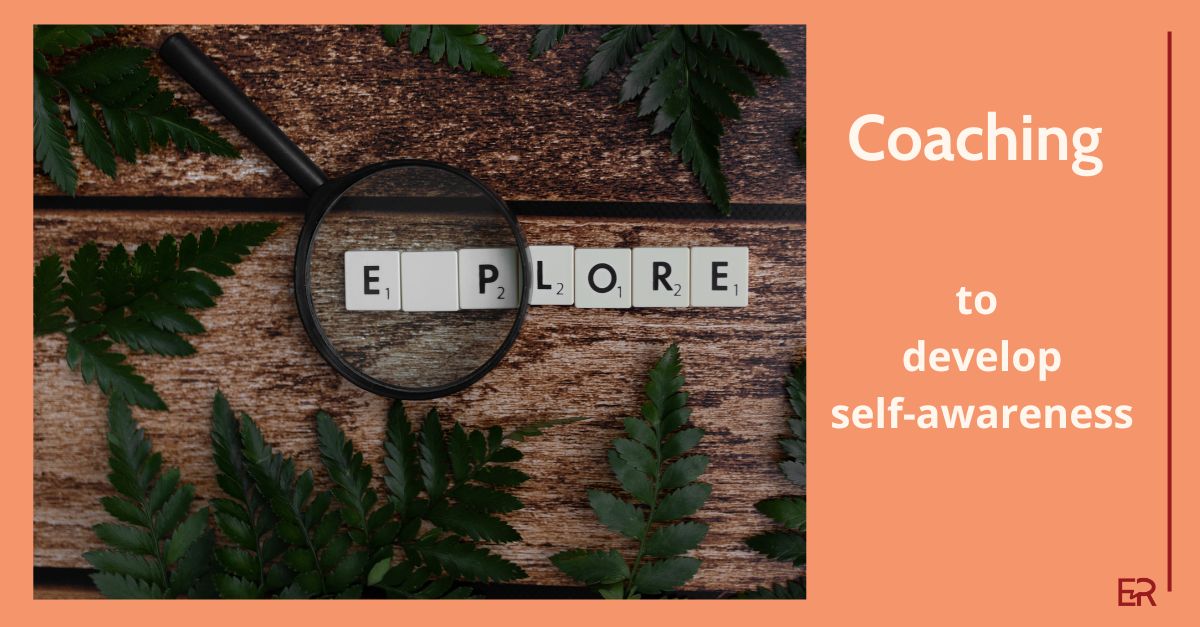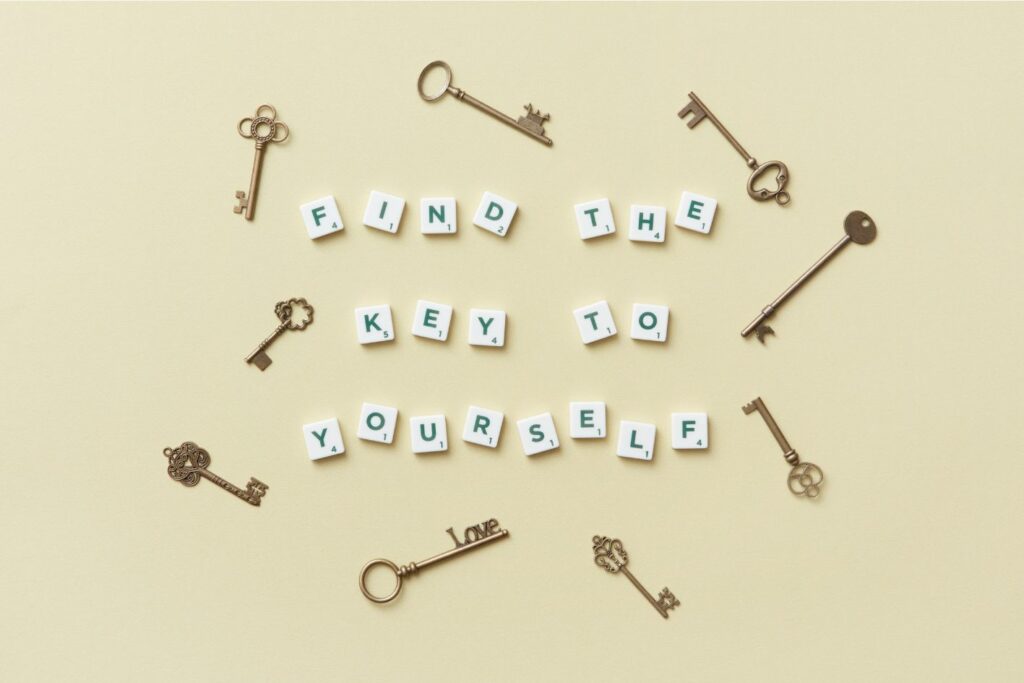
11 December 2023 Self-awareness: what it is, how it develops and how it can help achieve well-being
Self-awareness: what it is
Self-awareness is: achieving greater knowledge, learning, discovery and specific continuous improvement. This leads to the well-being dictated by feeling more in control of one's life and feeling that one's true self. That is, well-being comes from being able to supervise and intervene in the mechanical processes of the mind and body, so it is worth trying to understand more about them.(*)
One of the most important and significant moments of the activity of coaching is the one in which the person reaches awareness of themselves, through the exploration of personal values, thoughts and beliefs, moods and emotions , and from there, they start to change a specific behavior, which prevents them from truly living authentically and responsibly.
It may happen that although one's principles and positive values are firmly rooted, one may then act impulsively and inconsistently with them due to social pressure, the influence of the expectations of those around one or life circumstances, or overwhelmed by emotions.
Reaching awareness of oneself can be tiring and challenging, and for this, getting help from a coach facilitates the task. It is a matter of bringing order and clarity to thoughts and beliefs and then taking action by developing self-control.
The presence of the coach supports theself-reflection to reach understanding and learning something new. The aim is not to investigate the past but to identify information and new keys to move forward.
The aim is to start from a personal intention to improve to achieve the well-being provided by the consistency between values and beliefs and the individual behavior.
Self-awareness: how to achieve it with coaching

The initial requirement to start the acquisition process of awareness is be interested and convinced that it is worth it.
The starting point is therefore the determination as well as a willingness to face a certain sense of disorientation and uncertainty associated with the beginning of the journey, making the curiosity of discovery prevail.
The areas of deepening and discovery to achieve good self-awareness concern the following five domains:
- Consciousness: distinguish personal internal subjective experiences - feelings, emotions, and concept formation - increasing knowledge and understanding.
- Self-knowledge: one's ability to understand who one is, including personal values, beliefs, and motivations.
- Emotional intelligence: ability to understand and manage the emotions as signals of something else, to be elaborated and probably modified.
- Self-acceptance: based on the demonstration of compassion and specific approval towards oneself, avoiding harsh judgements and unconstructive criticism.
- Self-reflection: ability to seize how one's own thoughts implement actions, taking care to check whether one's actions are in line and consistent with one's goals and purpose in life.
Self-awareness: body sensations, emotions and behaviour
Self-awareness means understanding who you are, your strengths and weaknesses, what you want, how you feel and how to change what you do to feel more satisfied.
This is done by working on one's body sensations, emotions, and behavior.
Body sensations
It is important getting used to grasping the first signs that something needs to be changed to choose one's own well-being instead of continuing to overload one's physique. This also involves recognising and addressing the impulse to avoid or deny painful or perceived threatening realities.
The coach brings attention to this with questions such as:
What do you feel at this precise moment? Where does your sensation start from? In which part of your body do you perceive it?
Emotions
Dwelling on both positive and negative emotions allows one to doing things more that charge of positive energy and fewer actions that affect negatively. Doing more of the things that charge of positive energy does not happen automatically or instinctively but is necessary training to do so intentionally. It is important to emphasize that the focus and attention must be on oneself and not on something else outside one's control.
The coach brings attention to this with questions such as:
What gives you joy and energy and what demoralises and discourages you?
What alternatives can you think of to move away from or change what is causing you discouragement?
Behavior
Realising one's own patterns of behaviour leads to understand which actions produce the desired results and which do not; it leads to discover which patterns to interrupt, and experiment alternative ways than those that prove to be inappropriate and ineffective.
The coach brings attention to this with questions such as:
What conclusion do you draw from the event you told me about? What does it tell you about yourself? What do you recognise yourself to have discovered?
Self-awareness: conclusions
Desiring to achieve awareness of oneself means constantly putting oneself in the position of wanting to learn and, at the same time, of questioning what one learns. In this sense it is continuous learning.
Committing oneself to continuous learning is a way of life which leads to personal well-being with an active mind, deciding how to self-display to others.
Awareness is deciding what course to take with one's actions, including trying to project oneself confidently and optimistically into the future.
It is the choice of where one wants to be, taking control on what is happening, at the time it is happening, with the possibility of evaluating the relevant actions to be taken.
If you also want to reach a greater awareness of yourself, contact me and we will discuss on how to work together.
Contact me(*) For a greater understanding of the mental mechanisms that secretly govern every aspect of behavior, to engage in greater intentionality of action and not let our unconscious mind proceed automatically:
John Bargh, Before You Know It. The Unconscious Reasons We Do What We Do, 2017
